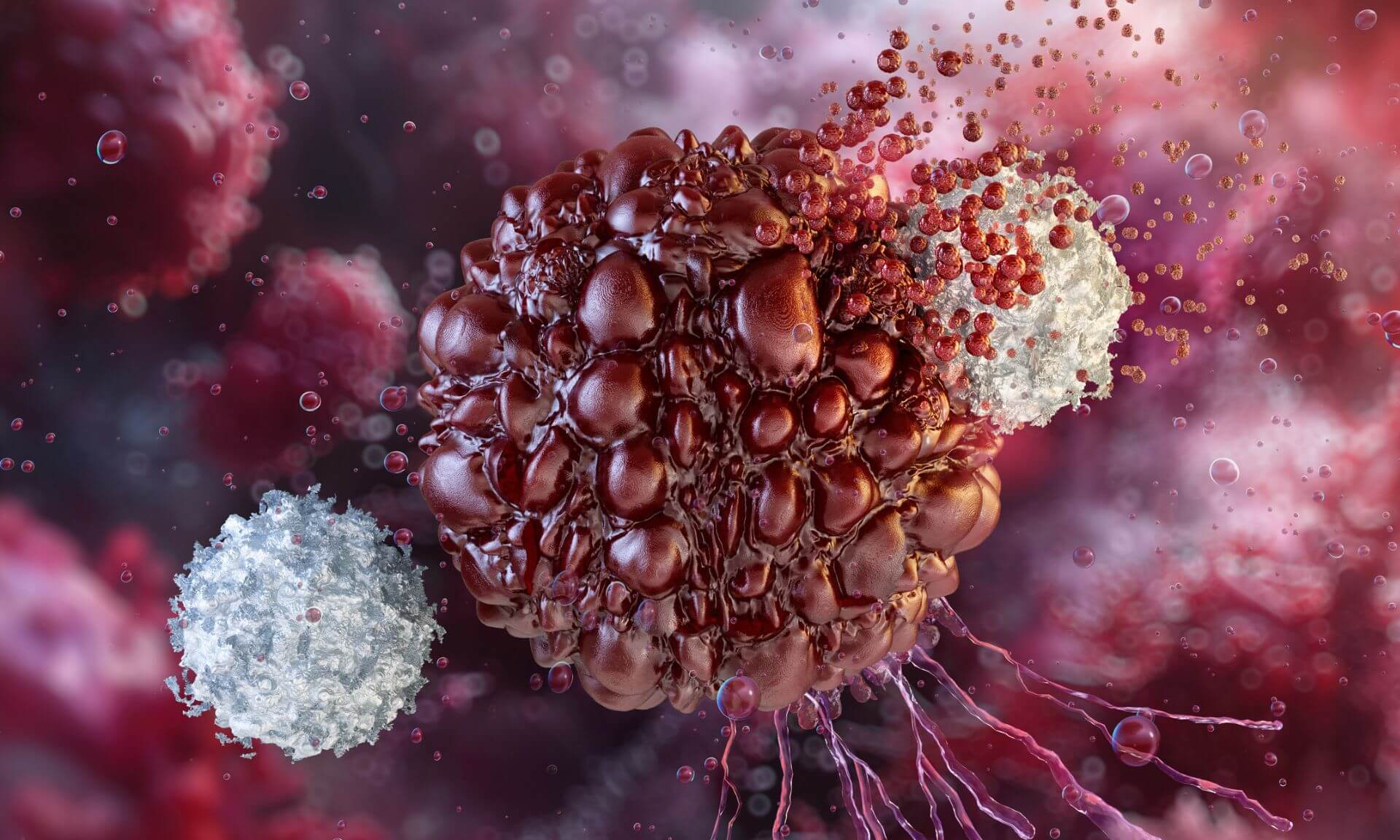A quantum leap: understanding the links between immunity and the microbiome

Research led by Dr. Emilia Liana Falcone’s laboratory—clinical professor at Université de Montréal, researcher and director of the Microbiome and Mucosal Defense Research Unit at the Montreal Clinical Research Institute (IRCM), carried out in collaboration with Dr. Uzel (NIH) and Dr. Grimbacher (University of Freiburg), and just published in the scientific journal Microbiome, describe for the first time the intestinal microbiome and metabolome in patients with (genetically acquired) CTLA4 deficiency.
CTLA4 is an immune checkpoint, a key element in cancer mechanisms whose discovery has revolutionized the field. With the study “The intestinal microbiome and metabolome discern disease severity in cytotoxic T-lymphocyte-associated protein 4 deficiency”, further interactions between immune responses and the microbiome have been uncovered.
In this study, two cohorts of patients from two different continents with genetically acquired CTLA4 deficiency were evaluated. Interestingly, these patients show clinical similarities with patients having side effects associated with treatment with immune checkpoint inhibitors used to treat certain cancers.
Key observations

Two bacterial genera have emerged as biomarkers to distinguish patients with inherited CTLA4 deficiency from healthy individuals, from both the National Institutes of Health (NIH) in the USA and a geographically distinct cohort from the Center for Chronic Immunodeficiency (CCI) at the Medical Center—University of Freiburg in Germany. Since inborn errors of immunity in general can be associated with disturbances of the microbiota, a disease-control cohort of individuals with common variable immunodeficiency (CVID) was also included in the study. Despite common changes in the microbiome associated with inborn errors of immunity, both bacterial genera retained their specificity as biomarkers of CTLA4 deficiency. The researchers also identified gut microbiome and metabolome signatures that distinguished CTLA4-deficient patients with severe disease from those with mild disease.
Changes in the microbiome were associated with distinct metabolomic profiles. These differences were influenced by the presence of gastrointestinal manifestations and were partially reversed by treatment with certain immune modulators.
Conclusions
Disturbances in the gut microbiome leading to metabolomic changes have been observed in patients with hereditary CTLA4 deficiency. Although some of these features were associated with another inborn error of immunity, the distinct changes associated with CTLA4 deficiency underline the fact that microbiome changes associated with inborn errors of immunity probably reflect underlying immune dysregulation. Identified candidate gut microbial and metabolic biomarkers that distinguish CTLA4-deficient individuals according to disease severity should be further prospectively studied to determine their predictive value and investigated as potential therapeutic targets.



